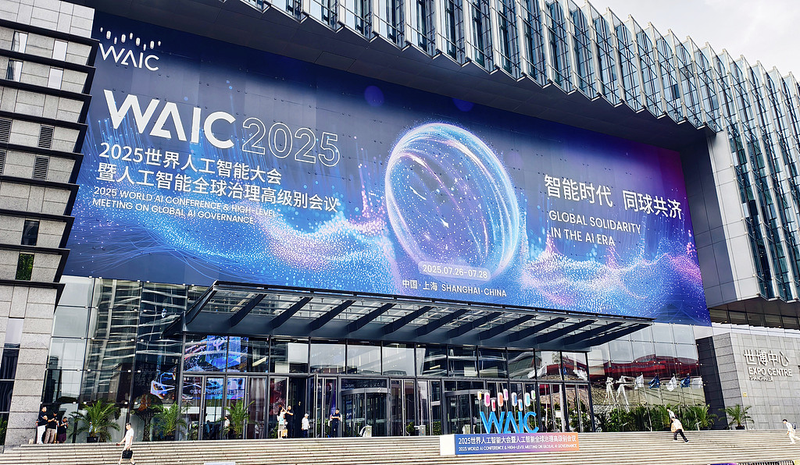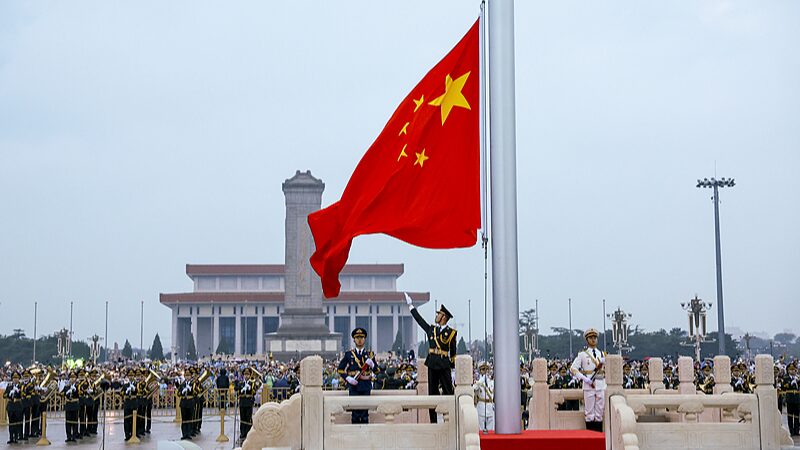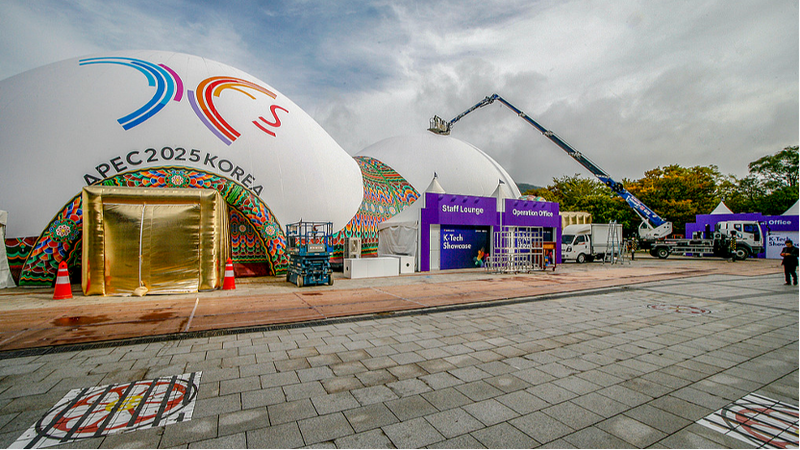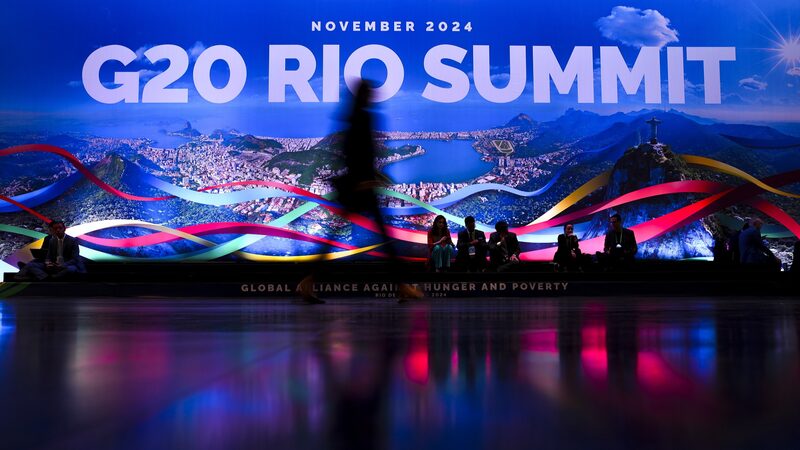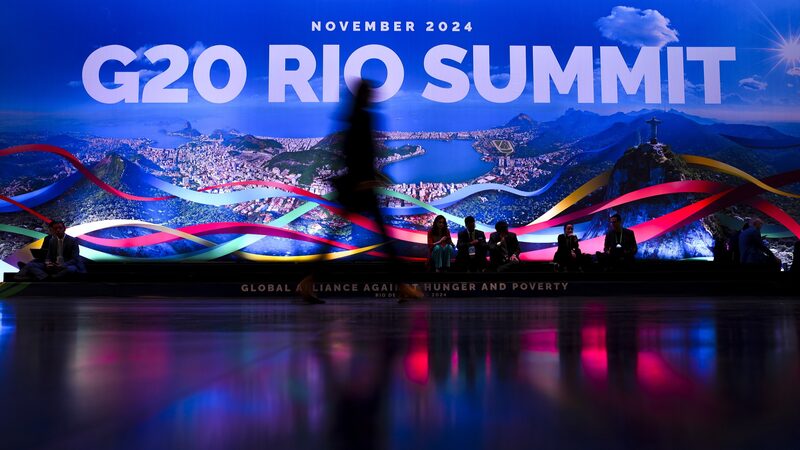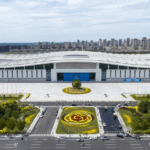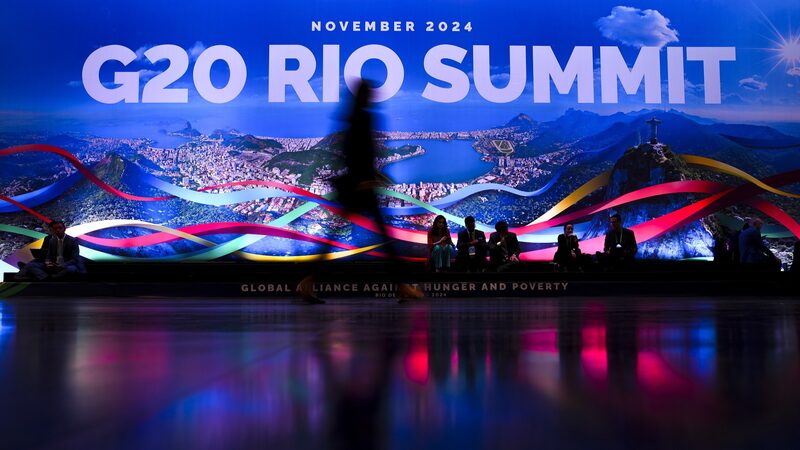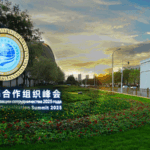As global competition in artificial intelligence (AI) intensifies, China's proposal for a World Artificial Intelligence Cooperation Organization (WAICO) has emerged as a potential game-changer in bridging divides and redefining international governance standards. Announced at the 2025 World Artificial Intelligence Conference in Shanghai, WAICO aims to address growing concerns over regulatory fragmentation and technological inequality.
A New Vision for Multilateral Governance
WAICO positions itself as a complementary platform to existing initiatives like the UN AI Advisory Body, emphasizing inclusivity and sovereignty. With AI's economic impact projected to reach $15.7 trillion by 2030, the initiative seeks to balance innovation with equitable development through mechanisms such as a technology-sharing platform and an algorithmic compensation fund. Shanghai's robust AI ecosystem—home to nearly 1,000 multinational hubs and experimental regulatory zones—provides a strategic testing ground for these frameworks.
Prioritizing the Global South
Central to WAICO's mission is addressing digital inequality. The proposal focuses on capacity-building and infrastructure development for nations lacking foundational computing resources. By offering tiered membership pathways and avoiding ideological preconditions, WAICO aims to foster collaboration while respecting national adaptation.
Navigating Challenges
While skepticism persists among some Western policymakers, WAICO's alignment with the UN Global Digital Compact and its corporate voting rights model signal structural openness. Key challenges remain, including balancing intellectual property rights with algorithmic redistribution and harmonizing state-driven innovation with global governance needs.
As debates over AI's geopolitical implications escalate, WAICO's success may hinge on its ability to transform ambitious principles into actionable solutions for a divided world.
Reference(s):
China's WAICO proposal and the reordering of global AI governance
cgtn.com
